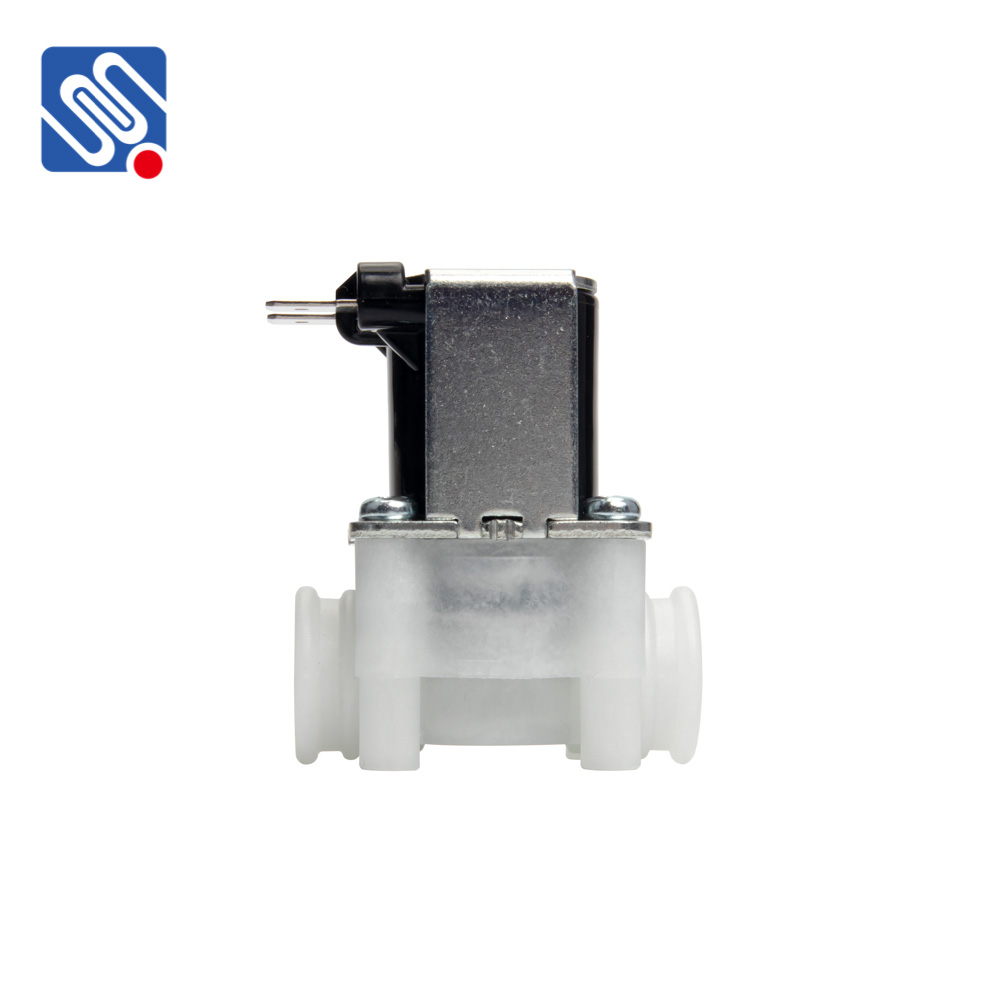The PVC solenoid valve is a vital component in various industrial, agricultural, and residential applications, enhancing automation and control of fluid flow. Constructed primarily from polyvinyl chloride (PVC), these valves are known for their durability, resistance to corrosion, and practicality in handling a wide range of fluids. In this article, we will explore the features, benefits, applications, and considerations associated with PVC solenoid valves.

Features of PVC Solenoid Valves Material Composition PVC solenoid valves are made from high-quality PVC, which provides exceptional resistance to chemical corrosion. This feature allows these valves to be used in systems transporting aggressive fluids such as acids, bases, and other chemicals without fear of material degradation. Operating Principle The operation of a solenoid valve is quite straightforward. It consists of an electromechanical solenoid that, when energized, creates a magnetic field to move the valve’s internal mechanism. This motion either opens or closes the valve, controlling the flow of liquid through the piping system. The simplicity of this mechanism makes PVC solenoid valves an excellent choice for automatic control applications.